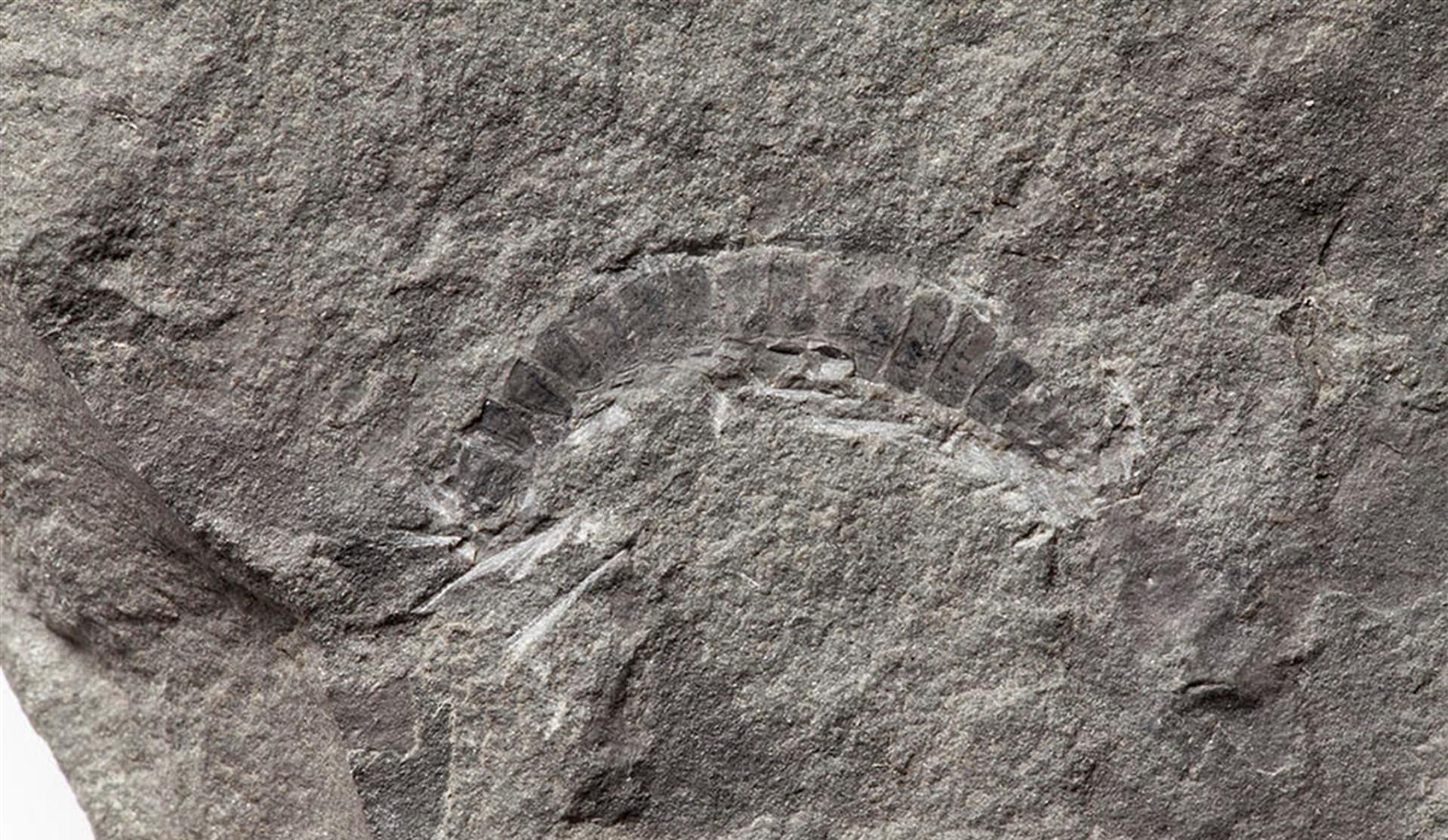Millipede from Scotland is world's oldest-known land animal
WASHINGTON-Reuters

A fossilized millipede-like creature discovered in Scotland may represent the oldest-known land animal, a humble pioneer of terrestrial living 425 million years ago that helped pave the way for the throngs that would eventually inhabit Earth's dry parts.
Researchers said the fossil of the Silurian Period creature, called Kampecaris obanensis and unearthed on the island of Kerrera in the Scottish Inner Hebrides, inhabited a lakeside environment and likely ate decomposing plants. Fossils of the oldest-known plant with a stem, called Cooksonia, were found in the same ancient lake region as Kampecaris.
While Kampecaris is the earliest land animal known from a fossil, soil worms are believed to have preceded it, appearing perhaps 450 million years ago, according to paleontologist Michael Brookfield of the University of Texas and the University of Massachusetts Boston, lead author of the research published this month in the journal Historical Biology.
Kampecaris, about an inch (2.5 cm) long with a segmented body, resembled modern millipedes but was a member of an extinct group and is not ancestral to millipedes alive today. Its legs were not preserved in the fossil.
It was an arthropod, a broad group that includes insects, spiders, millipedes, centipedes and crustaceans like crabs and shrimp.
Life first evolved in the world's oceans, with an explosion of diversity beginning roughly 540 million years ago. It took quite some time for life to emerge onto land, beginning with plants likes mosses approximately 450 million years ago. The later advent of plants with stems like Cooksonia helped usher in more complex terrestrial ecosystems.
The first land vertebrates - amphibians that evolved from fish with brawny fins that inhabited shallow waters - showed up about 375 million years ago - ancestors of the reptiles, birds and mammals alive today including our species, which first appeared about 300,000 years ago.
















